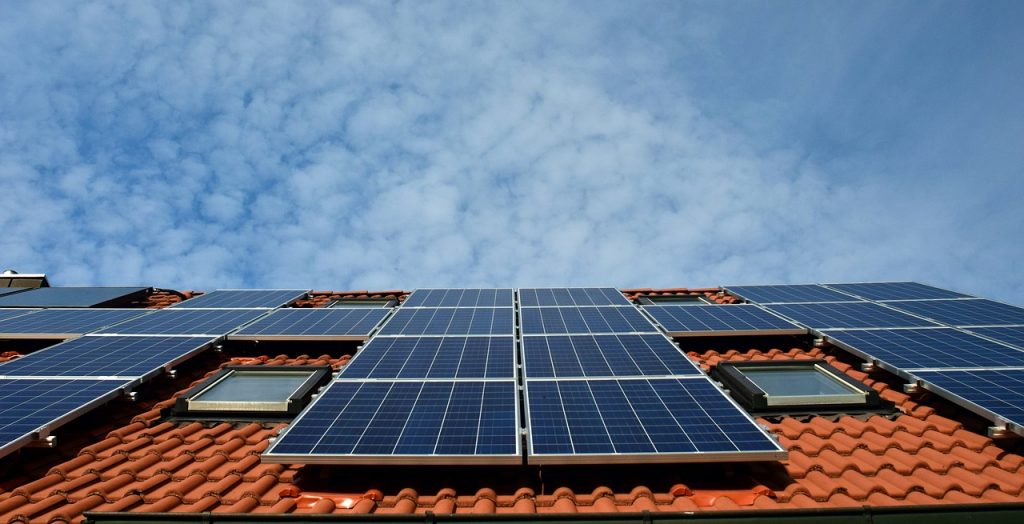In the pursuit of sustainable living and cost-effective energy solutions, solar panels have emerged as a beacon of hope for homeowners seeking to reduce their environmental footprint and save on utility bills. But beyond their eco-friendly appeal, solar panels offer a multitude of benefits that extend far beyond their initial installation. Let’s explore when solar panels can be most beneficial for a home and how they can lead to substantial savings for homeowners.
- Ideal Conditions for Solar Panel Benefits:
a. Abundant Sunlight:
Solar panels thrive in regions with ample sunlight, making them most beneficial for homes located in areas with high solar exposure. However, even homes in regions with moderate sunlight can still reap significant benefits from solar panel installation.
b. Suitable Roof Orientation and Angle:
Homes with roofs that face south or southwest and have a pitch angle between 15 to 40 degrees are ideal candidates for solar panel installation. However, innovative mounting systems can accommodate various roof orientations and angles, making solar panels viable for a wide range of homes.
c. Stable Roof Structure:
Solar panels require a sturdy roof structure capable of supporting their weight. Homes with well-maintained roofs in good condition are best suited for solar panel installation to ensure safety and longevity.
- How Solar Panels Save Homeowners Money:
a. Reduced Energy Bills:
One of the most significant benefits of solar panels is their ability to generate clean, renewable energy from sunlight, thereby reducing reliance on grid electricity. By harnessing solar power to meet a portion or even all of their energy needs, homeowners can slash their monthly utility bills and enjoy long-term savings.
b. Net Metering Programs:
Many utility companies offer net metering programs, allowing homeowners with solar panels to sell excess electricity back to the grid. This effectively offsets the cost of electricity drawn from the grid during periods of low solar production, further reducing energy expenses.
c. Federal and State Incentives:
Government incentives, such as federal tax credits and state rebates, can significantly offset the upfront cost of solar panel installation, making it a more financially attractive investment for homeowners. These incentives, combined with the long-term savings on energy bills, can result in substantial overall cost savings.
d. Increased Home Value:
Solar panels enhance the value of a home by offering prospective buyers the opportunity to benefit from lower energy costs and a reduced environmental impact. Studies have shown that homes equipped with solar panels typically sell for a premium compared to non-solar homes, providing homeowners with a return on their investment.
e. Long-Term Financial Security:
Solar panels offer homeowners a source of stable and predictable energy production for decades to come. With minimal maintenance requirements and long lifespans exceeding 25 years, solar panels provide a reliable means of mitigating future energy price volatility and ensuring long-term financial security.
Solar panels represent more than just a means of harnessing renewable energy – they offer homeowners a pathway to substantial savings, increased home value, and environmental stewardship. By leveraging the abundant power of the sun, homeowners can significantly reduce their energy bills, take advantage of government incentives, and enjoy a more sustainable and financially secure future. So, if you’re considering investing in solar panels for your home, rest assured that the benefits extend far beyond the initial installation, paving the way for a brighter and more prosperous tomorrow.

